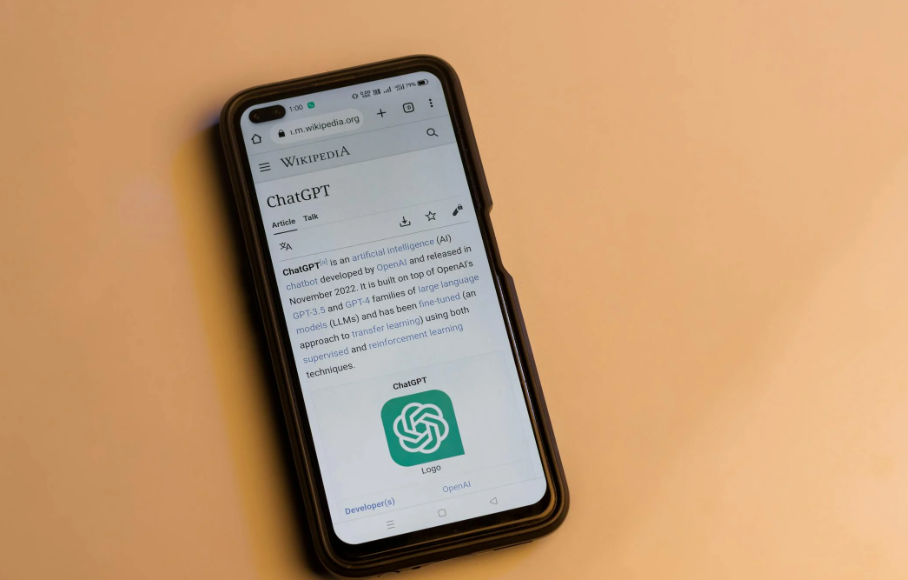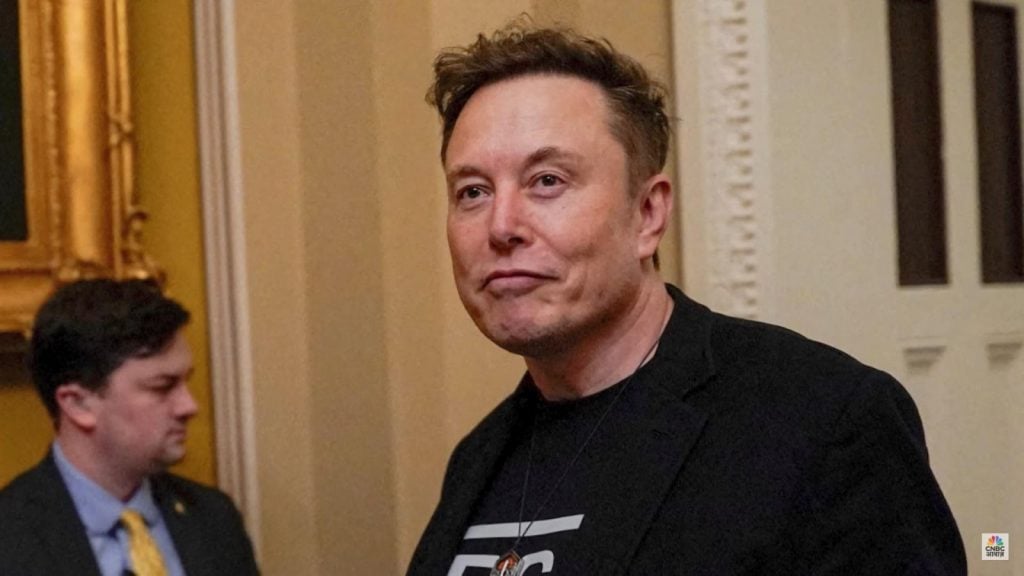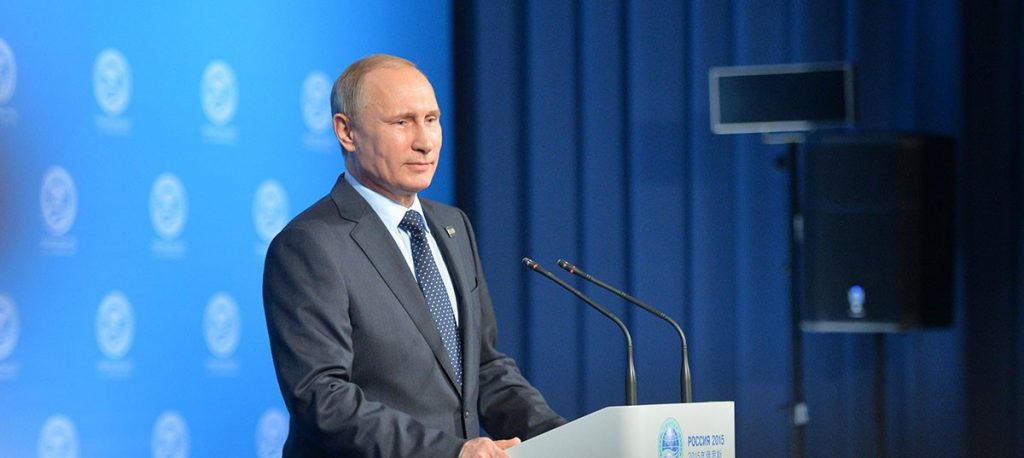AI Lifeline? ChatGPT Flags Cancer Before Doctors Do

© Sanket Mishra / Pexels
A Reddit user shared how ChatGPT may have saved their life after doctors dismissed symptoms as a mild infection.
While listening to a lingering sore throat and swollen lymph nodes, ChatGPT flagged a potential tumour and urged an ultrasound. That led to a surprise thyroid cancer diagnosis, weeks earlier than traditional care would likely have. The user credits the AI for prompting extra tests that proved critical.
Multiple Cases Back the Trend
This isn’t isolated. Two notable stories highlight ChatGPT’s early detection capabilities:
- Marly Garnreiter, a 27-year-old grieving her father, chatted with ChatGPT after night sweats and itching. The AI suggested blood cancer. A year later, she was diagnosed with Hodgkin’s lymphoma, prompting chemotherapy and a hopeful prognosis.
- Lauren Bannon, a 40-year-old mom, endured stiff fingers and weight loss. ChatGPT flagged possible Hashimoto’s disease, prompting further tests that uncovered thyroid cancer. Her surgeon called the outcome “lucky”.
These cases demonstrate AI’s power to surface red flags—even when doctors initially attribute symptoms to benign causes.

The Risks of AI Self‑Diagnosis
However, ChatGPT’s role remains controversial. Studies show it can confidently deliver misinformation:
- One analysis reported only 56% accuracy in medical queries, with frequent “hallucinations”—plausible-sounding but false answers.
- A JAMA Oncology review found that about a third of ChatGPT’s cancer-treatment plan suggestions were incorrect, posing clear risks if taken at face value.
Echoing this caution, Dr. Harvey Castro, an emergency medicine physician, told Fox News: “AI can assist, alert, and even comfort—but they can’t diagnose, examine, or treat.” He added, “These tools can enhance healthcare outcomes—but in isolation, they can be dangerous”.
How to Use ChatGPT Responsibly
1. Treat it as a resource, not a replacement. ChatGPT can broaden your awareness of conditions to raise with your doctor, but should never substitute medical advice.
2. Always verify its suggestions. If ChatGPT suggests a rare condition, ask for tests or referrals—but rely on lab results and imaging, not the AI’s confidence.
3. Maintain professional oversight. AI tools should aid, not override, doctor-patient relationships. Experts recommend using them alongside—not instead of—healthcare providers.

AI’s Growing Role in Medical Support
Beyond ChatGPT, AI is gaining traction in medicine—reading X-rays, matching patients to trials, and predicting treatment responses. Specialized models trained on medical data already outperform generalist chatbots on diagnostic accuracy.
Still, broad LLMs have limitations. They excel at general insights but may not handle complex, personal medical cases well, and can miss nuanced details in self-diagnosis scenarios.
You might also want to read: People Are Asking ChatGPT if They’re Hot or Not


